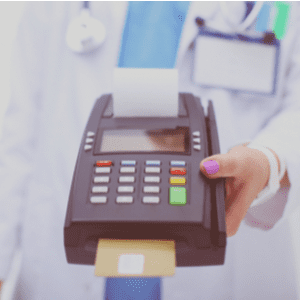Benefits Debit Cards are Convenient for Everyone
We live in a convenience-based society, always on the lookout for immediate satisfaction. Linking tax-advantaged benefits accounts such as FSAs and HSAs to benefits debit cards is a popular option that creates more convenience for everyone. When using an account-linked benefits debit card, the participant can make eligible purchases without having to front the expense, … More >>









